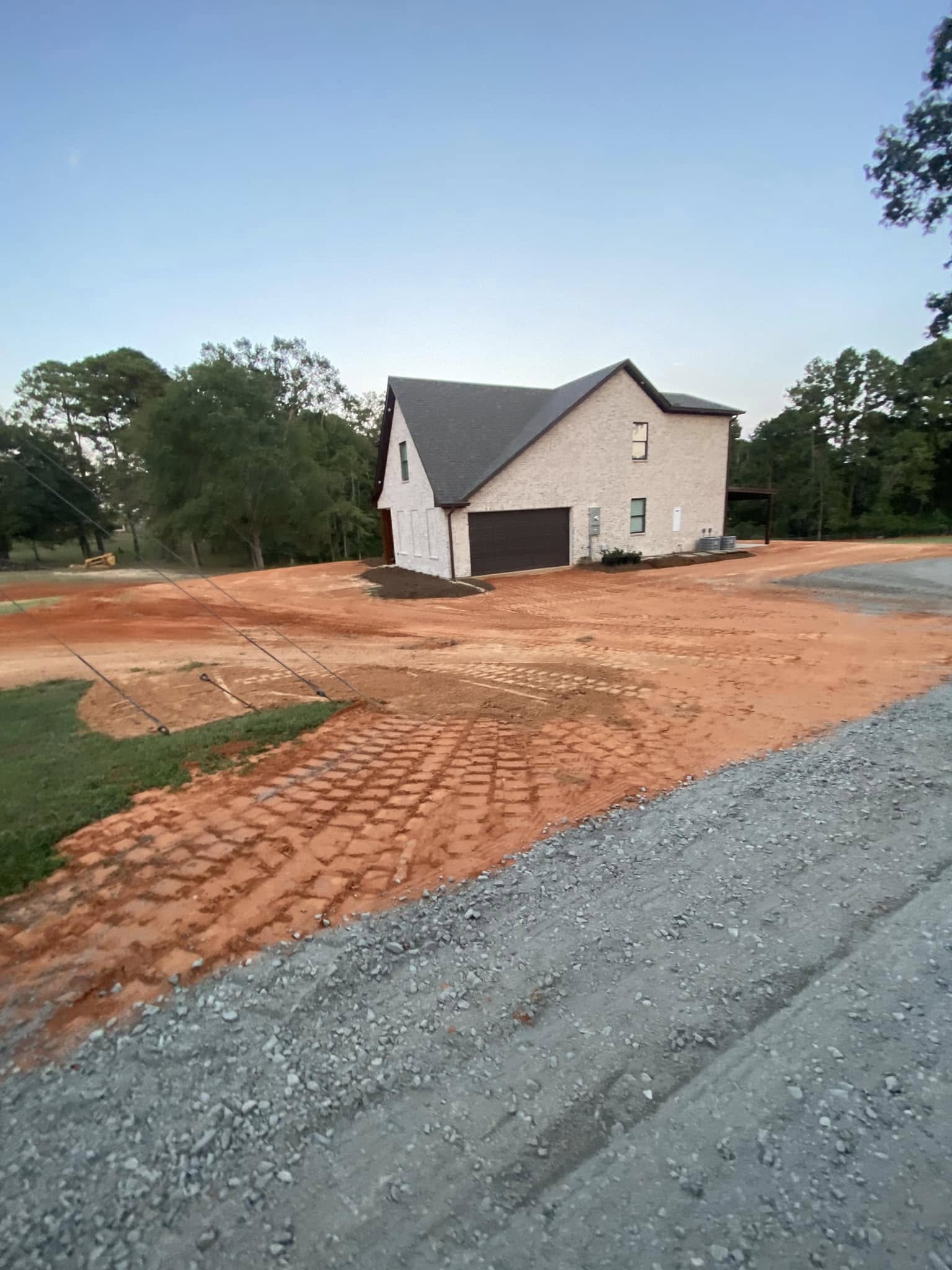
The Ultimate Guide to Choosing the Right Dumpster for Your Project Aug 22, 2025
To begin with, understanding the scope and scale of your project is essential. Whether you're clearing out a garage, renovating a kitchen, or managing a construction site, each project has unique waste disposal needs. Small clean-ups may only require a 10-yard dumpster, perfect for smaller volumes of debris such as household clutter or yard waste. For more extensive home renovations or large-scale cleanouts, a 20-yard dumpster is often ideal, providing ample space for moderate amounts of construction debris or bulkier items. Meanwhile, major construction projects typically necessitate larger dumpster sizes, such as 30 or 40-yard containers that accommodate all types of construction materials, demolition waste, or large household items.
Choosing the right size is crucial as it impacts the project's cost and efficiency. Underestimating the required size can lead to repeated waste disposal runs, adding unnecessary expenses and time. Conversely, overestimating might result in paying for unused space.
The type of waste you intend to dispose of also plays a role in selecting the right dumpster. Different projects generate different kinds of waste, from yard debris and household items to construction materials and hazardous waste. It's important to note that some waste materials, like hazardous chemicals or electronics, require special handling and disposal. Thus, ensure that Daniel's Dumpsters & Land Improvements or any service provider you choose is equipped to handle these types of waste appropriately.
Moreover, it's essential to consider the logistics involved in your dumpster rental. Selecting an appropriate spot for the dumpster placement is critical. Ideally, the location should be easily accessible for both loading and the dumpster company's retrieval truck. Ensure that there are no obstructions such as low-hanging wires or narrow pathways that could hinder delivery. The surface should be flat and sturdy enough to support the weight of the fully loaded container.
Taking neighborhood regulations into account is equally important during this process. Some areas have restrictions on where dumpsters can be placed or how long they can stay on-site. Check with local authorities or homeowner associations to avoid potential penalties.
Once you’ve considered these factors, it's time to think about the rental period. Having a clear timeline set for your project helps in coordinating dumpster rental to ensure it's available when needed and removed promptly. Extended rentals might be necessary for some long-term projects but discussing these details with Daniel's Dumpsters & Land Improvements can provide clarity and ensure satisfactory service terms.
In conclusion, selecting the right dumpster involves evaluating the project's size, waste type, and local regulations. By understanding your needs and planning accordingly, you can make an informed decision that helps to efficiently manage your project waste. Contacting experienced services like Daniel's Dumpsters & Land Improvements can further simplify this process, offering expert advice tailored to your project's specific requirements. With the right dumpster choice, your project can proceed smoothly and efficiently, allowing you to focus more on your primary tasks rather than waste disposal.
/filters:no_upscale()/media/f02d20d6-f5b1-4058-a967-253786912f55.jpeg)